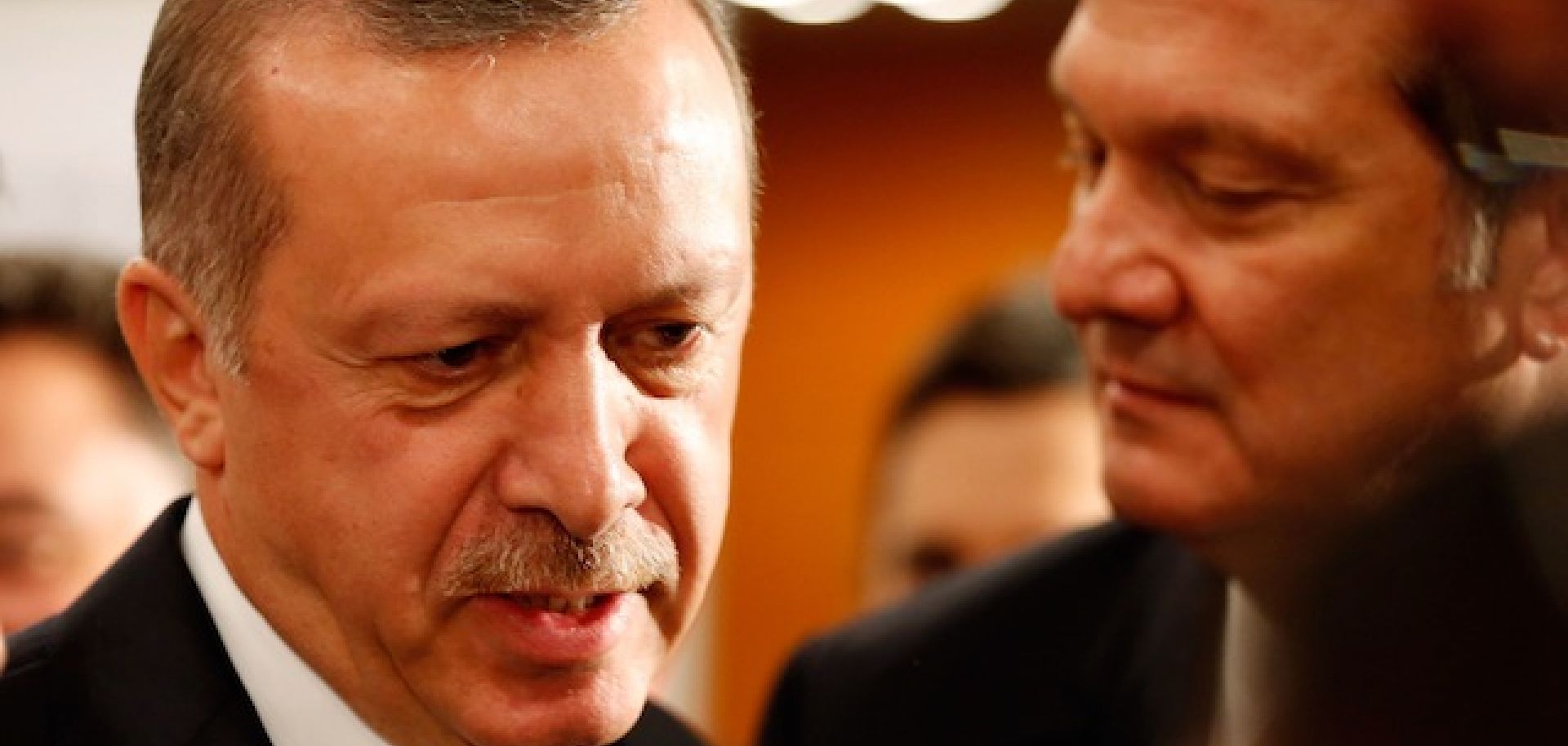ASSESSMENTS
In Turkey, an Inevitable Shift in Foreign Policy
Oct 14, 2013 | 14:45 GMT

(SCOTT HALLERAN/Getty Images)
Summary
Turkey's Middle East policy under the ruling Justice and Development Party has broadly focused on two ambitious objectives: deepening influence in the Arab world through the empowerment of moderate Sunni Islamist forces and a visibly antagonistic relationship with Israel, and using political and economic appeasement to contain Kurdish separatism. These policies, closely linked with the leadership of Turkish Prime Minister Recep Tayyip Erdogan and Foreign Minister Ahmet Davutoglu, may be expiring. Turkey simply lacks the internal political coherence and the regional influence to stick to foreign policy positions that collectively run against U.S. and Iranian interests.
Turkey will be driven toward a more moderate foreign policy by a number of factors, including a developing U.S.-Iranian dialogue, Washington's willingness — at least temporarily — to work with Russia in the Middle East, the proliferation of battle-hardened jihadists in Turkey's immediate region and a growing list of political and economic distractions to deal with at home. This shift will occur in smaller, tactical adjustments at first, but a more visible recalibration of Turkey's foreign policy will likely come with a reshuffle of the country's political leadership in 2014 elections.
Proceed to sign up
Register NowAlready have an account?
Sign In